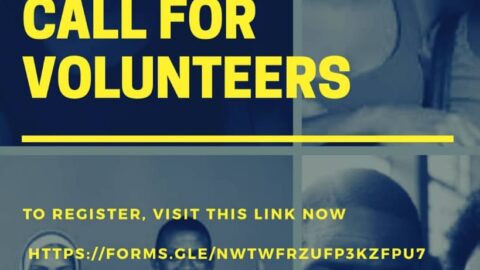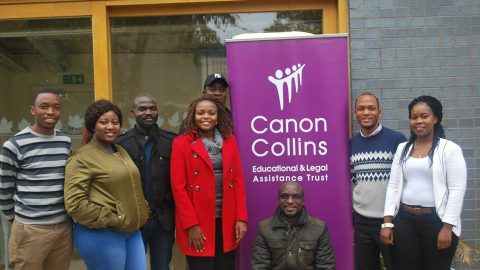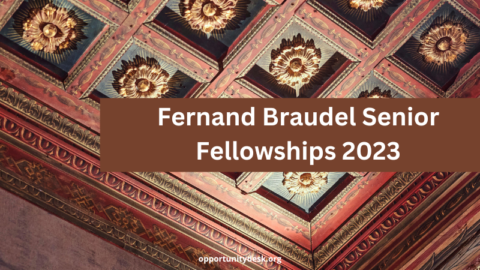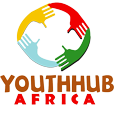1. Introduction
TrustAfrica, a Pan-African grant making Foundation with partners and associates across Africa, and working in partnership with the Hewlett Foundation, is inviting applications for grants to design and implement early learning innovation projects from organizations in Kenya, Uganda, Mali and Senegal. We are seeking organizations with a credible track record in the area of designing and implementing learning innovations, to submit applications for funding partnerships. At this stage, our ‘Early Learning Innovations Fund’ is at the pilot phase and we are looking at disbursing grants averaging US$55,000 for projects that can be implemented over 24 months, starting from October 2012.
2. Context
Since the turn of the century, many African governments and their international development partners have taken significant steps to implement the second Millennium Development Goal of achieving universal primary education. In absolute numbers, more children are now in school than ever before, there are school feeding programs to cater for the nutritional needs of vulnerable children, and the number of schools and teachers has increased overall. These increases are a clear expression of the overtly quantitative approach to the MDG2, and is accompanied by other quantifiable variables such as reducing school dropout rates, increasing the supply of textbooks, increasing the number of teachers and schools, covering the school fees for those living on less than $2 per day, building infrastructure, and introducing supplementary feeding schemes at schools (as in Ghana and Senegal).
However, despite these important quantifiable indicators of investment in pursuit of the laudable goal of “Education for All”, there are serious problems regarding performance of early learners, especially in terms of literacy and numeracy. Generally, these efforts have not delivered on the promise of quality learning for all children. In most sub-Saharan African countries, there is a glaring absence of suitable platforms for learning innovations, accompanied by a lack of consultative dialogues among learning experts and stakeholders for taking cost-effective innovations of broad and deep impact to scale. Within the school system, curricula and teaching methods focus on passing tests (through memorizing) in order to proceed to the next level. There is very little investment in creative and contextually-rooted approaches that might stimulate critical thinking and pedagogical actions.
3. Our Aspiration
TrustAfrica aims to enhance the chances of the African child not merely to become literate but to become globally competitive as well. We intend to realize this goal by nurturing a community of practice in early learning innovations, by contributing towards evidence-based approaches for effective early learning policy, and by ensuring that early learners currently not well served by existing education systems become the major beneficiaries of these initiatives. Specifically, the partnership grants will seek to:
Significantly improve the literacy and numeracy competencies among early learners through cutting-edge innovations that are successfully piloted in different geographic locations and contexts. The target group is children aged 5-11 years old in their first four years of primary school or the non-formal and/or private school equivalent;
Identify the enabling factors and feasibility probability for taking early-learning innovations to scale within the focus countries;
Strengthen the effectiveness of organizations that produce the early-learning innovations, through the provision of technical assistance, peer-learning opportunities, and the creation of supportive communities of practice (including non-formal and/or private education communities); and
Promote dissemination of the innovation results among relevant policy stakeholders.
4. Looking for Partners
TrustAfrica seeks to enter into partnership agreement with organizations that can develop and pilot innovative and relevant learning approaches that can effectively deliver adequate literacy, numeracy and critical thinking skills to all early learners. The envisaged innovations must be cost effective and scalable in order to produce the “seismic shifts” required at the mezzo and macro-levels across Africa.
The exploratory areas and the range of possibilities for developing early-learning innovations in Africa could include the use of local languages, engagement of community stakeholders, peer-learning processes, adaptation of ICTs, use of creative and artistic modalities, promotion of a reading culture through mobile libraries, mentoring systems, parent-teacher associations, improved teacher training, etc.
The proposed projects should demonstrate the capacity to design and implement an early learning innovation that:
· Significantly improves the quality of early learning in literacy and math;
· Has a framework for measuring the effectiveness of the innovation;
· Is Cost Effective (projects that demonstrate capacity to remain active beyond the funding period will be prioritized);
· Replicable at a national scale or even regionally;
· Demonstrate how an education policy gap can be rectified.
5. Application Requirements
Incomplete applications will not be considered. All of the supporting documents listed below must be submitted as file attachments in Microsoft Word format, with the exception of scanned documents. Any information sent in the body of an email will not be part of the proposal and will not be considered during adjudication. Please do not hesitate to contact us for further information before the deadline.
· A cover letter requesting funding and providing a concise statement stating the purpose of the project and the amount of the funding requested, and a statement about the innovative nature of proposed project. It should be not more than one page.
· Forms A1, A2, and A3 (attached) fully filled out. (Note: budgets must not exceed $55,000 over a 24-month period and must strictly follow the annexed budget template).
· A single file with short CVs of all senior officers of the organization and people responsible for carrying out the project (at most two pages for each), briefly indicating their ability to successfully carry out the activities.
· A file with a list of the members, affiliations and contact details of the Board of Trustees or Directors.
· The institution’s Registration certificate
· The institutional budget and report of audited accounts for the last two years (2010 and 2011).
· A letter of recommendation from a previous donor, certifying the organization’s achievements
6. Application Submission and Deadline
Proposals must be submitted by email on or before August 15, 2012 to the following address: earlylearning@trustafrica.org. Proposals will go through a rigorous review process and accepted applicants will be contacted by September 15, 2012.
7. Eligibility
This call is opened to organizations in Kenya, Mali, Senegal and Uganda with a track record of early learning innovations, as described above. The following will not be funded under this initiative:
· Grants to individuals
· Funds for travel to the U.S.
· Endowment grants
· Capital projects, such as purchase or construction of buildings
· Partisan politics
· Lobbying
· For-profit activities or enterprises
8. Proposal Language
Proposals may be submitted in French or English, using the corresponding application form.
9. Selection Process
Early Learning Innovations grants are awarded following an open and competitive process. Upon receipt of proposals, a Steering Committee will verify eligibility and distribute qualified proposals to an Advisory Panel of Experts from each target country for review and scoring. Upon receiving scores and recommendations from the Panel, the Steering Committee and TrustAfrica’s Grants Department will conduct due diligence checks on the accepted proposals and the final details of the applications to ensure the credibility of implementing partners. A grant offer will be sent to the qualifying institution and a disbursement of funds will follow.
10. Co-Funding
Grants from the Early Learning Innovations Fund can be used to secure co-funding of proposals for larger projects. In such cases, the proposal should clearly identify the additional sources of funding. Applicants must provide a detailed budget of total project expenses and describe which activities will be covered by the Early Learning Innovations Fund. Applicants must also provide a reference who can be easily contacted to confirm the available co-funding.






Comments are closed.
How do i access grants to support a primary school